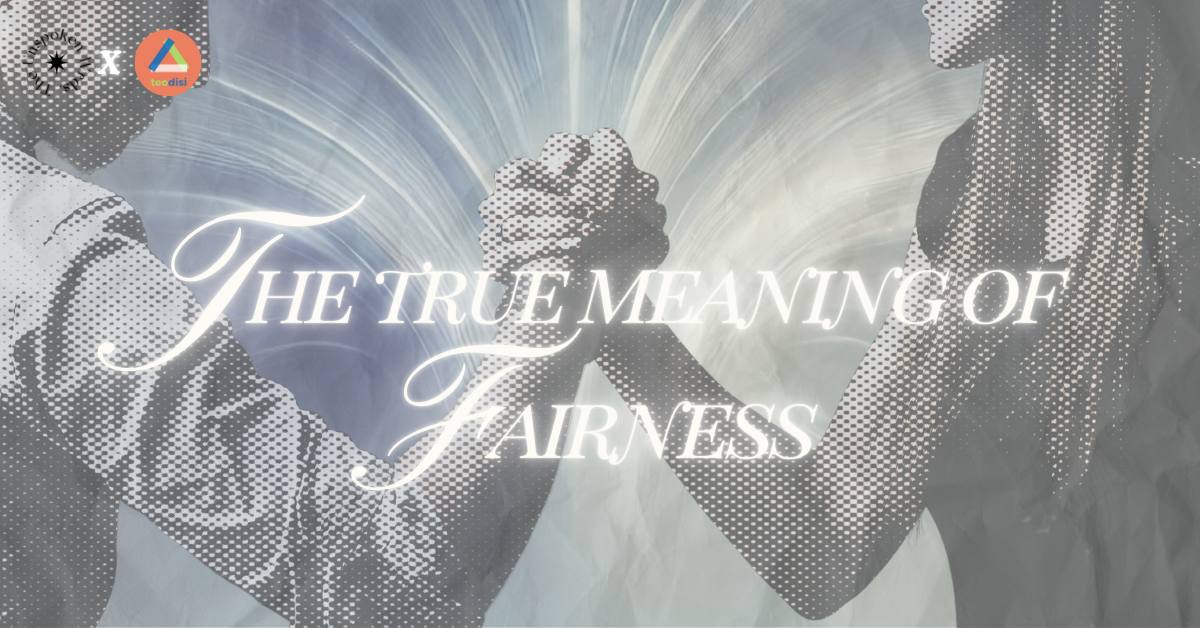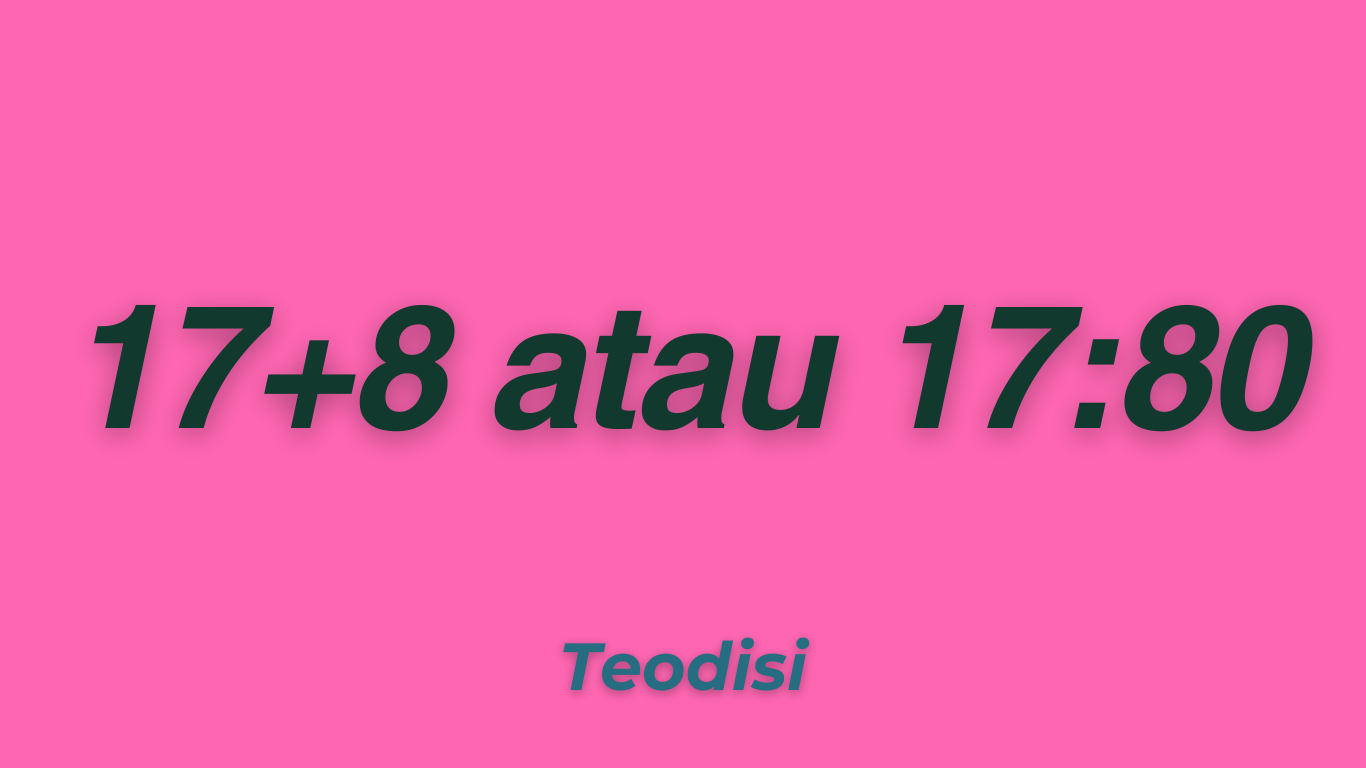Fairness is often interpreted as dividing something into equal portions and proportions, but what is the true meaning of fairness in leadership?
Fairness is not just breaking off a piece of a cookie to share with your sibling, or distributing candy equally to classmates. Fairness has a deeper meaning beyond just sharing and giving equal portions. A leader with a fair character must be able to provide according to what their people need.
A fair person understands that everyone has different needs, challenges, and abilities. So, instead of giving the exact same thing to everyone, fairness means thinking carefully about what’s best for each person and making sure the decision fits their specific situation.
Fairness also means being honest and firm, especially when it’s tempting to show favoritism or let outside pressures influence your decisions. If you’re being fair, you have to look at things objectively, without letting your personal feelings or biases get in the way. It’s about doing what’s right, not what’s easy or some kind of like that.
Another key part of fairness is balance. It’s about recognizing that treating everyone exactly the same can actually lead to unfair outcomes. Sometimes, what’s fair is to give more attention or help to someone who needs it, even if it means giving less to others who might not need as much. Fairness is about looking at all the details and making the best decision for everyone involved, not just sticking to rigid rules.
QS. An-Nisa ayat 135:
Wahai orang-orang yang beriman! Jadilah kamu penegak keadilan, menjadi saksi karena Allah, walaupun terhadap dirimu sendiri atau terhadap ibu bapak dan kaum kerabatmu. Jika dia (yang terdakwa) kaya ataupun miskin, maka Allah lebih tahu kemaslahatan (kebaikannya). Maka janganlah kamu mengikuti hawa nafsu karena ingin menyimpang dari kebenaran. Dan jika kamu memutarbalikkan (kata-kata) atau enggan menjadi saksi, maka ketahuilah Allah Mahateliti terhadap segala apa yang kamu kerjakan.
This verse reminds us that being fair means standing by what’s right, even when it’s hard or when it involves people close to you. It doesn’t
matter if the person is rich or poor, or how much you care about them you still need to do what’s fair.
In the end, fairness is about being thoughtful, honest, and balanced. It means taking the time to understand people’s different situations and
making decisions that are right, even if they aren’t always the easiest. Fairness doesn’t only apply to material or economic matters it goes
beyond that. It’s about how we think and approach situations. Before we can act fairly, we need to build the right mindset. This mindset
forms the foundation for how we treat others and how we make decisions in all aspects of life, not just when it comes to money or resources.
Author & Content: Reine ft Naqeea




